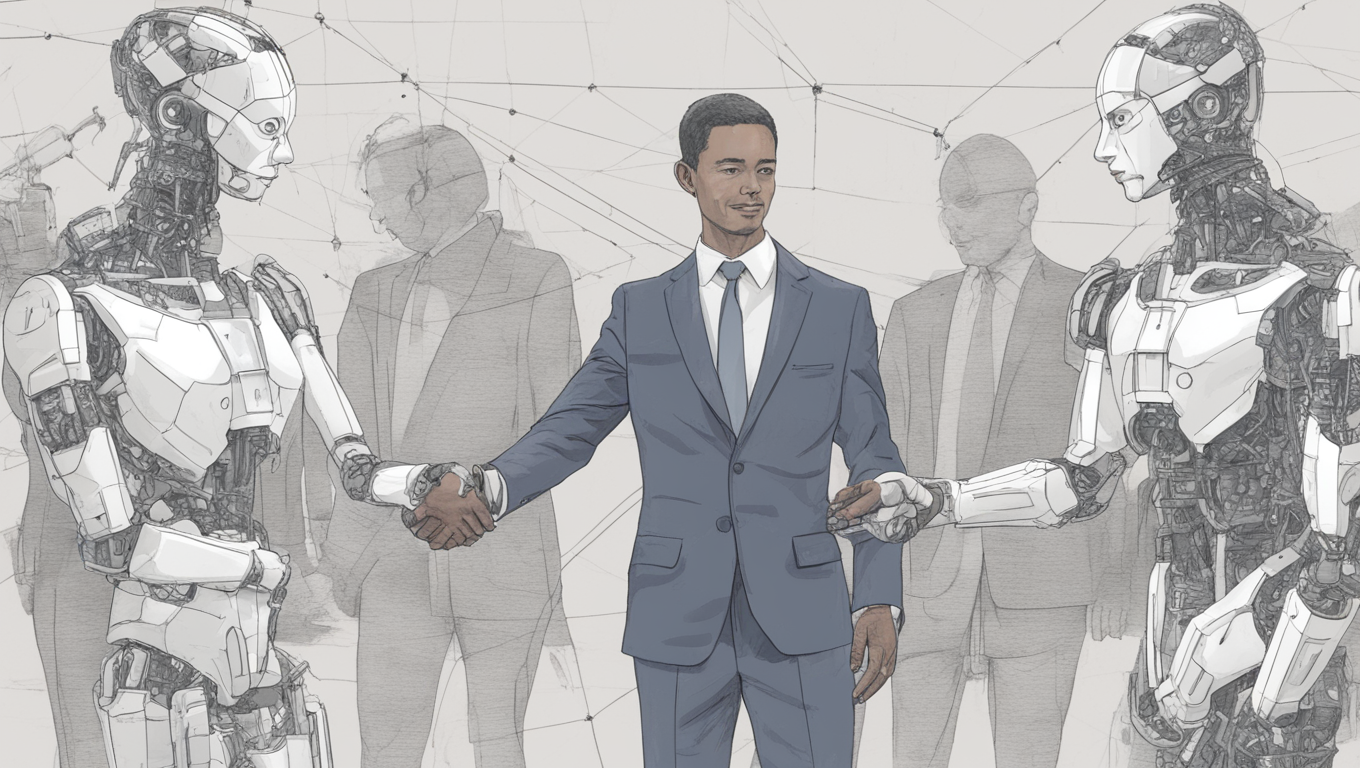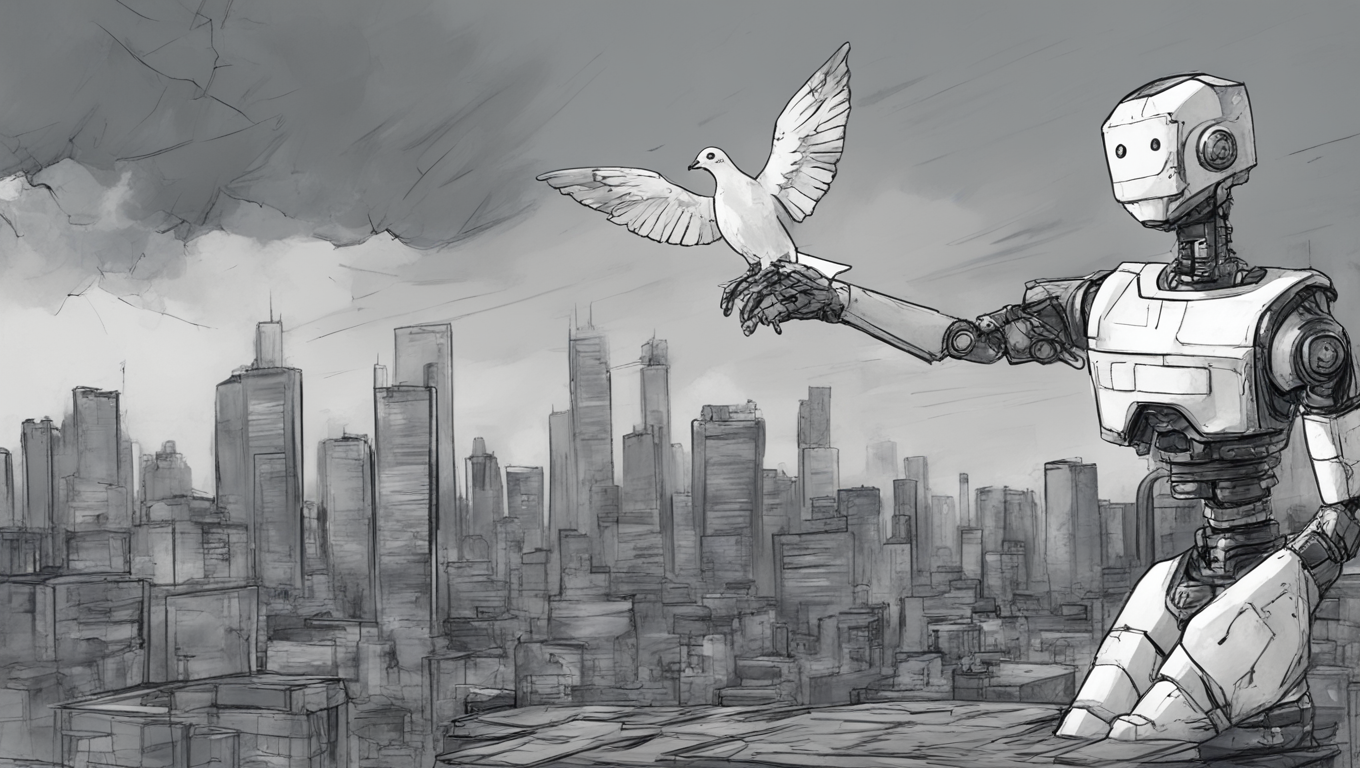AI: Shaping the Future of Technology
In a global survey conducted by the Institute of Electrical and Electronics Engineers (IEEE), Artificial Intelligence (AI) has emerged as the most important technology for the second consecutive year. The survey, titled “Impact of Technology in 2025,” brought together industry leaders from Brazil, China, India, the United Kingdom, and the United States to examine and provide insights into upcoming trends.
The data was collected through interviews with technology leaders in organizations with over a thousand employees on September 13th and 14th, 2024. A total of 355 CIOs, CTOs, and other leaders were consulted. Globally, AI takes the top spot for the second year in a row, followed by cloud computing and robotics, as the most important technologies for the coming year.
In Brazil, AI also takes the spotlight and is expected to be the most crucial area of technology in the next year. The ranking in Brazil is as follows: AI - 64% importance, Robotics - 36% importance, Cloud Computing - 30%. Additionally, the experts identified three industries that will be highly impacted by technology in 2025: Telecommunications (45%), Banking and Finance (42%), and Media and Entertainment (38%).
The survey reveals that the use of generative AI is expected to become increasingly common in Brazil next year, with about 43% of organizations planning to use it regularly. Other institutions, still in the adoption stage, have plans to expand its use. Within this group, 25% have high expectations for the application of AI, while 15% plan to initiate its use. Among the key expected applications are real-time identification of cybersecurity vulnerabilities and prevention of attacks, both of which are considered important by the majority of experts. It is also expected that AI tools will aid in software development and disease mapping.
However, the study also highlights the challenges for widespread adoption of AI by governments. The resistance and distrust of society are the leading obstacles at 30%, followed by concerns about privacy and data security at 13%, and society’s excessive reliance on AI outcomes at 11%.
As AI continues to reshape the technological landscape, industry leaders and experts acknowledge its immense potential. Michael Johnson, CTO of a leading tech company, asserts, “AI has transformed the way we approach problem-solving and innovation. Its applications span across various sectors, providing opportunities for efficiency, productivity, and advancement like never before.”
The ongoing advancements in AI present both exciting possibilities and important considerations. As the world embraces this transformative technology, efforts must be made to address concerns and ensure responsible and ethical usage. With the continued development and incorporation of AI in our lives, the future of technology is undoubtedly being shaped by its remarkable capabilities.





Use the share button below if you liked it.